Node.js rule engines facilitate the automation of decision-making processes by interpreting and executing business rules within JavaScript applications. These engines apply predefined logic to data, assessing conditions to execute actions, thereby optimizing complex decisions and tasks. Node.js rule engines integrate seamlessly into JavaScript-based applications, offering a standardized way to manage business logic across diverse systems.
Does Your Business Need a Node.js Rule Engine?
While Node.js rule engines offer powerful capabilities for embedding complex decision logic within applications, they might not align with every project's requirements due to several factors:
- Complexity and Learning Curve: Implementing a Node.js rule engine effectively requires a solid understanding of JavaScript programming and the specific rule engine's architecture, which can pose a significant learning curve.
- Resource Intensity: Developing and maintaining sophisticated decision-making logic with a Node.js rule engine often demands considerable development resources and expertise.
- Integration Efforts: Seamlessly integrating Node.js rule engines with non-JavaScript components or external systems can introduce additional complexity and development overhead.
- Performance Considerations: Depending on the complexity of the rules and the volume of data, Node.js rule engines might impact application performance, necessitating careful optimization.
- Cost of Ownership: While the initial acquisition cost of open-source Node.js rule engines may be low, the total cost of ownership, including development, maintenance, and potential scalability issues, can be significant over time.
The decision to utilize a Node.js rule engine should be informed by a project's specific needs, the development team's expertise in JavaScript and rule engine technologies, and an assessment of the potential challenges and benefits. Projects best suited for Node.js rule engines are those requiring robust, scalable decision logic that can be closely integrated within Node.js application ecosystems.
Before selecting a Node.js rule engine, consider the following:
- Project Compatibility: Ensure the rule engine aligns well with your project's technology stack and decision-making requirements.
- Development Expertise: Evaluate your team's proficiency with JavaScript and their ability to adopt a new rule engine.
- Operational Impact: Consider the potential effects on application performance and how the rule engine scales with increased complexity or data volume.
- Support and Community: Look into the availability of support, documentation, and an active community to facilitate implementation and troubleshooting.
- Long-term Viability: Assess the sustainability of integrating a Node.js rule engine, including the potential need for future enhancements and updates.
Adopting a Node.js rule engine offers the opportunity to centralize and standardize decision logic in JavaScript applications, enhancing maintainability and agility. However, the decision should be carefully weighed against the project's specific constraints and objectives. In the following sections, we'll explore the top Node.js rule engines, providing insights to assist in selecting the most suitable engine for enhancing your Node.js applications.
Top 5 Node.js Rule Engines
Moving forward from our introduction, we will now see the top 5 javascript-based rule engines. This curated list highlights each engine's key features and suitability for different project needs, aiming to equip you with the knowledge to select the ideal engine for your development challenges.
1. Nools
Nools is a performant and user-friendly rule engine tailored for the Node.js ecosystem. It facilitates the definition and execution of complex decision-making logic in a JavaScript-like syntax, appealing to developers familiar with JavaScript and Node.js. Nools is particularly effective in scenarios that demand immediate rule evaluation and adaptive decision-making processes. It offers a versatile solution for diverse applications, from simple to moderately complex systems.
Key Features:
- JavaScript-like syntax for intuitive rule definition.
- Immediate, real-time rule evaluation and execution.
- Support for forward chaining, enabling dynamic decision processes.
- Easy integration with existing Node.js applications.
- Designed with JavaScript developers in mind, leveraging familiar concepts.
Pros:
- Highly accessible to developers familiar with the JavaScript ecosystem.
- Efficient execution for complex decision-making.
- Smooth integration with Node.js, allowing for a cohesive development experience.
- Flexible in accommodating various rule definitions and management approaches.
- Active community contributing to ongoing development and support.
Cons:
- Documentation may not be as thorough as other engines.
- Feature set might lack the breadth found in more extensive rule engines like Drools.
- Predominantly suited for the Node.js environment, which may not align with all technical requirements.
- Performance considerations for very large-scale or complex applications.
- Rule management interfaces are less developed compared to more mature engines.
Nools vs. Nected
| Feature |
Nools |
Nected |
| Low/No code platform |
❌ |
✅ |
| Scalability for large applications |
❌ |
✅ |
| Extensive feature set |
❌ |
✅ |
| Real-time rule evaluation |
✅ |
✅ |
| Seamless integration with Node.js |
✅ |
✅ |
| Forward chaining |
✅ |
✅ |
| Comprehensive documentation |
❌ |
✅ |
| Advanced user interface |
❌ |
✅ |
| Community support |
✅ |
✅ |
Nools provides a strong foundation for developers looking to implement rule engines within the Node.js framework, featuring real-time evaluation and forward chaining. However, in a direct comparison with Nected, it is evident that Nected delivers superior capabilities across several crucial dimensions. Notably, Nected's comprehensive documentation, extensive feature set, scalability, advanced user interface, and, importantly, its low/no code platform significantly enhance usability and accessibility for users beyond the developer community. This makes Nected a more versatile and user-friendly option, ensuring broader applicability and ease of use across various user segments.
2. json-rules-engine
json-rules-engine is a powerful, forward-thinking rules engine designed for Node.js applications, offering a unique approach to defining and managing rules using JSON. This engine is particularly appealing for projects that require dynamic rule configuration and external rule management, catering to both developers and non-developers alike. It simplifies the integration of complex logic into applications, making it a popular choice for those looking to implement customizable, rule-based decision-making processes.
Key Features:
- Rules defined in a straightforward JSON format, enhancing readability and manageability.
- Supports complex conditional logic, including all, any, and none conditions for rule execution.
- Easy to integrate with existing Node.js applications, allowing for flexible deployment.
- Offers a clean and intuitive API for rule evaluation and execution.
- Dynamic rule loading from external sources, enabling runtime rule updates without redeployment.
Pros:
- Highly accessible rule definition in JSON, understandable by both developers and non-developers.
- Enables dynamic and external management of rules, supporting real-time updates.
- Comprehensive support for complex logical conditions, catering to a wide range of use cases.
- Seamless integration with the Node.js ecosystem, ensuring a smooth development experience.
- Facilitates the creation of highly customizable and adaptable rule-based applications.
Cons:
- Lacks a graphical user interface for rule management, potentially hindering less technical users.
- Documentation, while sufficient, may not cover all advanced use cases comprehensively.
- May require additional development effort to implement custom interfaces or integrations.
- Performance in very large-scale environments needs careful consideration and testing.
- Relies heavily on the structure and quality of JSON rule definitions, requiring meticulous attention to detail.
json-rules-engine vs. Nected
| Feature |
json-rules-engine |
Nected |
| Low/No code platform |
❌ |
✅ |
| JSON Support |
✅ |
✅ |
| Scalability for large applications |
❌ |
✅ |
| Advanced user interface |
❌ |
✅ |
| Support for complex conditions |
✅ |
✅ |
| Comprehensive documentation |
❌ |
✅ |
| Easy integration with Node.js |
✅ |
✅ |
| Extensive feature set |
❌ |
✅ |
| Community support |
✅ |
✅ |
json-rules-engine offers an innovative approach to rule definition and management through JSON, making it a powerful tool within the Node.js ecosystem for implementing dynamic and complex decision logic. However, when compared to Nected, it becomes apparent that Nected provides a broader set of features, superior documentation, enhanced scalability, and, critically, a low/no-code platform that significantly lowers the barrier to entry for users without a technical background. The advanced user interface of Nected further distinguishes it by facilitating easier rule management and a better overall user experience. These advantages position Nected as a more comprehensive and accessible solution, catering to a wider audience while maintaining the flexibility and power required for complex rule-based systems.
3. Node-CLIPS
Node-CLIPS is a powerful rule engine tailored for integration with the Node.js environment, bringing the capabilities of the CLIPS (C Language Integrated Production System) expert system shell to JavaScript developers. It is designed to support complex decision-making processes, especially suited for developers looking to implement expert systems within a Node.js application. Node-CLIPS excels in scenarios requiring sophisticated rule evaluation and logic processing.
Key Features:
- Integration of CLIPS expert system capabilities within Node.js, offering a robust environment for rule processing.
- Support for rule-based logic and inference, enabling complex decision-making processes.
- Ability to define rules using the CLIPS syntax, familiar to those with experience in expert systems.
- Asynchronous rule execution to fit the non-blocking nature of Node.js applications.
- Extensible architecture allowing developers to customize and extend functionality as needed.
Pros:
- Provides a bridge between the advanced rule-processing power of CLIPS and the flexibility of the Node.js runtime.
- Suitable for applications requiring complex rule evaluations, such as AI simulations or data analysis tools.
- Enhances the capability of Node.js applications to perform sophisticated decision-making with minimal latency.
- Supports integration with other Node.js modules and external APIs, enhancing functionality and interoperability.
- Offers developers familiar with expert systems an accessible path to implement similar logic within the JavaScript ecosystem.
Cons:
- Requires understanding of both Node.js and the CLIPS syntax, which may present a learning curve for developers new to expert systems.
- Limited community and resources compared to more widely used Node.js rule engines, potentially complicating troubleshooting and support.
- Documentation and examples may not be as extensive as those available for other rule engines.
- Integration complexity could be higher due to the specialized nature of the CLIPS engine.
- May not offer the same level of real-time performance optimization as native JavaScript-based rule engines.
Node-CLIPS vs. Nected
| Feature |
Node-CLIPS |
Nected |
| Low/No code platform |
❌ |
✅ |
| Real-time rule evaluation |
✅ |
✅ |
| Scalability for large applications |
❌ |
✅ |
| Integration with Node.js |
✅ |
✅ |
| Forward chaining |
✅ |
❌ |
| Extensive feature set |
❌ |
✅ |
| Expert system capabilities |
✅ |
❌ |
| Comprehensive documentation |
❌ |
✅ |
| Advanced user interface |
❌ |
✅ |
| Community support |
❌ |
✅ |
Node-CLIPS offers a unique solution for Node.js developers looking to incorporate expert system functionalities into their applications. While it delivers powerful rule-processing capabilities, its specialized nature means that it might be best suited for projects where complex logic systems are a core requirement. In contrast, platforms like Nected provide a broader, more user-friendly approach with support for a wider range of applications and easier integration features.
4. Durable Rules
Durable Rules is a versatile rule engine designed for Node.js, Python, and other modern programming environments. It excels at processing complex event processing (CEP) and business rules, making it a valuable tool for developers needing to implement reactive applications and workflows that respond to real-time data streams.
Key Features:
- Supports complex event processing, ideal for applications that require real-time decision-making based on streaming data.
- Utilizes a natural language approach for rule definition, making it accessible and easy to understand for developers.
- Capable of handling stateful or stateless processing, providing flexibility depending on application requirements.
- Seamless integration with Node.js and Python, allowing developers to leverage existing codebases and infrastructure.
- Lightweight and efficient, designed to perform well even under the demands of high-throughput data environments.
Pros:
- Enables developers to build applications that react instantly to changes in data or user actions, enhancing responsiveness and user experience.
- The natural language rule syntax simplifies the process of defining complex logic, making it more accessible to those without deep programming backgrounds.
- Highly adaptable to various use cases, from IoT device management to real-time analytics and fraud detection.
- Supports distributed processing, which is crucial for scaling applications horizontally and managing large data volumes.
- Active community and ongoing development provide resources and new features regularly.
Cons:
- While powerful, the unique syntax and approach of Durable Rules may require a learning curve for developers accustomed to traditional programming models.
- Documentation, while comprehensive, might not cover all use cases or integration scenarios exhaustively.
- The focus on real-time data and event processing may be more than is necessary for applications with simpler decision-making needs.
- Integrating with non-JavaScript or non-Python environments may require additional effort or adaptation.
- Dependence on community support can vary in responsiveness compared to dedicated professional support from larger software vendors.
Durable Rules vs. Nected
| Feature |
Durable Rules |
Nected |
| Low/No code platform |
❌ |
✅ |
| Real-time rule evaluation |
✅ |
✅ |
| Scalability for large applications |
✅ |
✅ |
| Integration with Node.js |
✅ |
✅ |
| Complex event processing |
✅ |
❌ |
| Extensive feature set |
❌ |
✅ |
| Natural language rule syntax |
✅ |
❌ |
| Comprehensive documentation |
❌ |
✅ |
| Advanced user interface |
❌ |
✅ |
| Community support |
✅ |
✅ |
Durable Rules offers a robust solution for developers looking to implement complex, real-time decision-making capabilities within their applications. Its natural language syntax and support for complex event processing make it particularly suited for dynamic environments where decisions need to be made quickly based on incoming data. While Durable Rules provides significant advantages for specific scenarios, platforms like Nected offer broader appeal with their user-friendly interfaces and extensive feature sets, catering to a wider range of business needs and technical environments.
5. GoRules Zen Engine
GoRules Zen Engine is a modern and efficient rule engine designed specifically for Node.js environments, focusing on delivering a streamlined and powerful solution for managing business rules and decision logic. It leverages the flexibility and speed of Node.js to provide developers with a tool that is both easy to integrate and capable of handling complex rule sets effectively.
Key Features:
- Fast and lightweight engine, optimized for high performance and minimal overhead in Node.js applications.
- Straightforward syntax for rule definition, allowing for quick setup and easy maintenance of business rules.
- Supports both JSON and JavaScript object formats for rule creation, enhancing flexibility and integration with existing data structures.
- Provides detailed logging and monitoring capabilities to track rule execution and performance in real-time.
- Designed with scalability in mind, enabling it to handle large volumes of data and complex decision processes efficiently.
Pros:
- Ideal for Node.js developers looking for a rule engine that integrates seamlessly with their existing projects and workflows.
- Simplifies the process of rule management with its intuitive syntax and configuration, making it accessible even to those with limited backend experience.
- Offers robust performance capabilities, ensuring that application responsiveness and speed are maintained even under heavy load.
- Scalable architecture supports growth and expansion without significant changes to the underlying rule logic.
- Active development community provides ongoing support and updates, ensuring the engine stays current with the latest Node.js features and best practices.
Cons:
- While powerful, it may require some initial learning and adjustment for developers not familiar with its specific syntax or rule management approach.
- Limited to Node.js environments, which might not suit projects running on other platforms or requiring integration with different programming languages.
- Documentation, while adequate, might not be as extensive or detailed as that provided by more established rule engines.
- Focuses primarily on backend logic, which may require additional tools or platforms to manage frontend integration or complex user interactions.
- The specific features and functionalities might not cover all advanced use cases compared to more comprehensive business rule management systems.
GoRules Zen Engine vs. Nected
| Feature |
GoRules Zen Engine |
Nected |
| Low/No code platform |
❌ |
✅ |
| Real-time rule evaluation |
✅ |
✅ |
| Scalability for large applications |
✅ |
✅ |
| Integration with Node.js |
✅ |
✅ |
| Ease of rule definition |
✅ |
✅ |
| Extensive feature set |
❌ |
✅ |
| Comprehensive documentation |
❌ |
✅ |
| Advanced user interface |
❌ |
✅ |
| Community support |
✅ |
✅ |
GoRules Zen Engine provides a robust solution tailored for Node.js developers seeking to enhance their applications with efficient, scalable rule processing capabilities. It's particularly well-suited for projects that require seamless integration within the Node.js ecosystem and those prioritizing performance and ease of use. However, for broader application needs or environments requiring a low/no-code approach, platforms like Nected offer more extensive features, and a user-friendly interface, making them suitable for a wider range of business applications and user skill levels.
6. json-rules-engine (Open Source)
json-rules-engine is a powerful, open-source rule engine for JavaScript and Node.js. It excels in evaluating conditions defined in JSON and executing corresponding actions. This engine is widely used for dynamic decision-making systems requiring easy integration with JSON-based configurations.
Key Features:
- Supports conditionally triggered actions based on JSON configuration.
- Designed for simplicity and developer-friendly use cases.
- Highly extensible for a variety of custom applications.
- Integrated support for chaining and nested rules.
Pros:
- Lightweight and easy to set up.
- Ideal for developers working with JSON-based systems.
- Active community providing regular updates and enhancements.
Cons:
- Not as feature-rich as some competitors.
- Less suitable for highly complex rule sets or enterprise-grade systems.
7. Durable Rules
Durable Rules is an open-source rule engine built specifically for creating distributed and scalable decision-making systems. It supports a declarative syntax and focuses on processing complex logic in high-performance applications.
Key Features:
- Optimized for distributed environments.
- Designed with declarative rule definitions for clear logic.
- Highly scalable, making it suitable for large-scale systems.
- Supports integration with various data sources for dynamic rule evaluation.
Pros:
- Excellent scalability for enterprise systems.
- Focused on distributed decision-making processes.
- Declarative syntax simplifies complex rule definition.
Cons:
- Requires familiarity with declarative programming.
- Steeper learning curve compared to simpler rule engines.
8. GoRules Zen Engine
GoRules Zen Engine is a minimalist, Node.js-compatible rule engine designed for efficient and straightforward rule execution. With a focus on simplicity, it is well-suited for small to medium-sized projects needing quick and reliable decision-making.
Key Features:
- Minimalist approach for defining and executing rules.
- Optimized for lightweight applications with straightforward logic.
- Built-in support for JavaScript-friendly syntax.
- Easily integrates with existing Node.js projects.
Pros:
- Lightweight and fast to deploy.
- Ideal for smaller applications or prototyping.
- JavaScript-friendly syntax appeals to Node.js developers.
Cons:
- Limited features compared to larger engines.
- Not suitable for highly complex or enterprise-level applications.
Best Practices for Choosing a Node.js Rule Engine
Selecting the right Node.js rule engine for your project is crucial, as it must integrate smoothly with your applications while offering efficient decision-making capabilities. The goal is to select a rule engine that not only fits your current needs but also scales effectively as your requirements evolve. Here’s how to choose the most appropriate Node.js rule engine:
- Assess Complexity and Scale of Decision Logic: Understand the complexity of the decision-making your project requires. For projects involving intricate logic or handling large volumes of data, choose a rule engine that offers advanced capabilities and scalability. Simpler, less data-intensive projects might benefit from a more basic solution.
- Consider Development and Maintenance Resources: Evaluate the Node.js expertise within your team and the resources available for implementing and maintaining the rule engine. More complex engines might provide extensive functionality but could require more extensive setup and ongoing management.
- Integration Capabilities: The rule engine should seamlessly integrate into your existing Node.js environment. Look for compatibility with your application’s architecture and support for straightforward integration through APIs or existing libraries.
- Community and Documentation: Opt for a rule engine with a robust support community and comprehensive documentation. These resources are invaluable for troubleshooting, optimizing performance, and learning best practices.
- Evaluate for Future-Proofing: Choose an engine that can grow with your project’s needs. Features like flexibility in rule modification, ease of updating logic, and capacity to handle increased loads are crucial for long-term viability.
- Review Licensing and Compliance: Understand the licensing terms of the rule engine to ensure they align with your project’s legal and budgetary constraints, avoiding potential future complications.
When do Node.js Rule Engines Add the Most Value?
- Complex Application Logic: Projects requiring deep integration of sophisticated decision logic within Node.js applications.
- Rapid Development Cycles: Environments where quick updates to business logic significantly impact agility and responsiveness to market changes.
- High Customization Requirements: Scenarios where the ability to precisely tailor decision-making processes is critical.
When a Node.js Rule Engine May Not Be Ideal?
- Simple Decision Logic: Projects that entail straightforward decision-making could be efficiently handled with basic Node.js capabilities without the need for a dedicated rule engine.
- Limited Node.js Expertise: If your team is not well-versed in Node.js or rule engines, the learning curve might impede project progress.
- Critical Support Needs: For projects that require high levels of support and reliability, a commercially supported rule engine with a robust service level agreement might be more suitable.
By adhering to these best practices, you can ensure that the Node.js rule engine you choose will effectively support your application’s decision automation needs, both now and as your requirements grow. This careful selection process helps guarantee that your investment in a rule engine maximizes its benefits and supports your project’s objectives over time.
Rating of Discussed Node.js Rule Engines
To evaluate the capabilities and fit of each discussed Node.js rule engine, we apply a consistent set of criteria. These criteria include Integration Capabilities, Customization Level, Community Support, Performance, Ease of Use, and Documentation. This comprehensive evaluation framework provides a balanced perspective on each platform's strengths and areas for improvement, offering insights into their suitability for various applications.
| Rule Engine |
Integration Capabilities |
Customization Level |
Community Support |
Performance |
Ease of Use |
Documentation |
Overall Rating |
| Nools |
8 |
7 |
8 |
8 |
8 |
7 |
7.7 |
| Durable Rules |
8 |
8 |
7 |
9 |
7 |
8 |
7.8 |
| Node-CLIPS |
7 |
9 |
6 |
8 |
6 |
7 |
7.2 |
| GoRules Zen Engine |
8 |
8 |
7 |
9 |
9 |
8 |
8.2 |
| Nected |
9 |
9 |
9 |
9 |
9 |
9 |
9.0 |
Selecting the right Node.js rule engine requires understanding your project's specific needs and aligning them with the capabilities of each platform. For projects that demand high integration capabilities and robust performance, Nected stands out with its excellent ratings across all categories, indicating its broad applicability and user-friendly design. If customization is a priority to tailor rules closely to your business logic, Node-CLIPS offers extensive customization capabilities, though with a steeper learning curve.
For simpler projects or those just beginning with rule engines, GoRules Zen Engine provides an accessible entry point with its high ease of use and excellent performance, ideal for straightforward applications. The choice of rule engine should be guided by your technical team's expertise, the complexity of the rules to be implemented, and the need for integration with existing systems, ensuring that the chosen engine not only meets current needs but also scales with future demands.
Conclusion:
In conclusion, choosing between the top Node.js rule engines involves careful consideration of each option's unique strengths—from Nools' flexibility to Durable Rules' real-time processing capabilities and GoRules Zen Engine's user-friendliness. These engines offer powerful solutions for automating decision logic within Node.js applications, yet they are not universally suitable for all projects. Factors such as ease of integration, performance, and community support play crucial roles in selecting the most appropriate engine. By meticulously evaluating these elements, developers and organizations can leverage the optimal Node.js rule engine to enhance efficiency, ensure consistency, and maintain agility in their applications, managing business logic effectively and making informed decisions rapidly and accurately.
FAQs:
Q1. How can I optimize the performance of my Node.js application?
To optimize the performance of your Node.js application, consider implementing strategies such as using asynchronous programming, caching data where possible, optimizing database queries, minimizing dependencies, utilizing clustering for multi-core systems, and employing tools like profiling and monitoring to identify bottlenecks and areas for improvement.
Q2. What are the best practices for securing a Node.js application?
Securing a Node.js application involves practices like validating input data, implementing authentication and authorization mechanisms, using HTTPS for secure communication, avoiding known vulnerabilities in dependencies, keeping dependencies updated, and following security best practices like input validation, output encoding, and proper error handling.
Q3. How can I handle errors effectively in Node.js?
Effective error handling in Node.js involves using try-catch blocks, utilizing error-first callbacks, implementing middleware for error handling in Express.js, logging errors for debugging and monitoring, using tools like Sentry or New Relic for error tracking, and following best practices like providing meaningful error messages and handling errors at appropriate levels in your application.
Q4. What is the best way to scale a Node.js application?
Scaling a Node.js application can be achieved through strategies like horizontal scaling using load balancers, vertical scaling by upgrading server resources, implementing a microservices architecture, utilizing caching mechanisms, optimizing database queries, and monitoring performance metrics to identify scaling bottlenecks and adjusting resources accordingly.
Q5. How can I deploy my Node.js application in a production environment?
Deploying a Node.js application in a production environment involves steps like setting up a robust hosting environment, configuring security settings, using process managers like PM2, setting up continuous integration and deployment pipelines, monitoring application performance, handling environment variables securely, and ensuring proper logging and error handling mechanisms are in place for production readiness.
Q6. How do Node.js rule engines differ from general-purpose rule engines?
Node.js rule engines are designed to integrate seamlessly with the Node.js ecosystem. They often prioritize simplicity, lightweight operation, and JavaScript-friendly syntax, making them ideal for web applications and APIs built with Node.js.
Q7. Can Node.js rule engines handle enterprise-scale applications?
Yes, some Node.js rule engines, like Durable Rules and Nected, are designed with scalability in mind, making them suitable for large-scale enterprise applications. However, the choice of engine depends on the complexity of rules and the specific requirements of the application.
Q8. Why choose Nected over other Node.js rule engines?
Nected offers a low-code/no-code interface, scalability, comprehensive documentation, and advanced user-friendly features. These capabilities make it accessible to a broader audience, including non-developers, while also supporting complex, enterprise-grade applications.
Q9. What industries benefit most from Node.js rule engines?
Industries such as e-commerce, financial services, healthcare, and logistics benefit greatly from Node.js rule engines by automating decision-making, managing workflows, and improving operational efficiency.
Q10. Are there any limitations to using rule engines in Node.js?
While rule engines in Node.js are powerful, they may require additional setup for handling highly complex or distributed systems. Additionally, lightweight engines might lack advanced features needed for enterprise-grade applications.




.png)
.svg)
.webp)

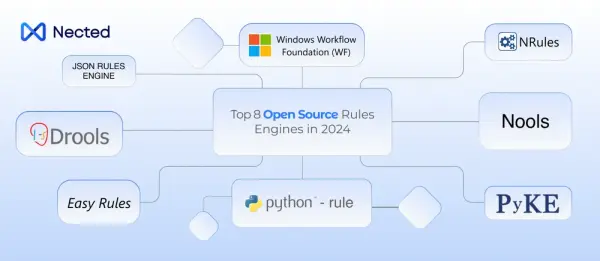



.webp)
.svg)
.webp)
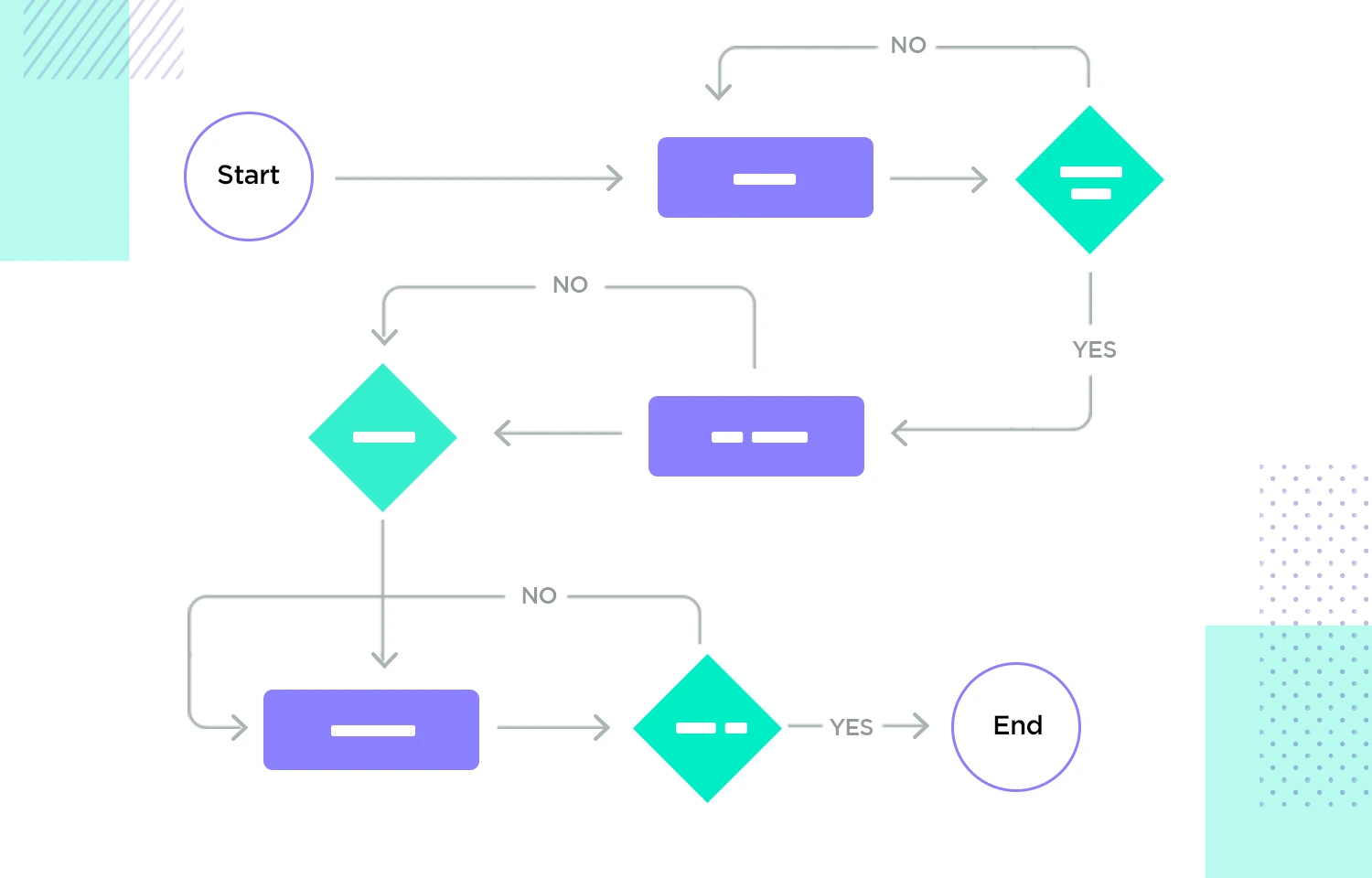
.webp)

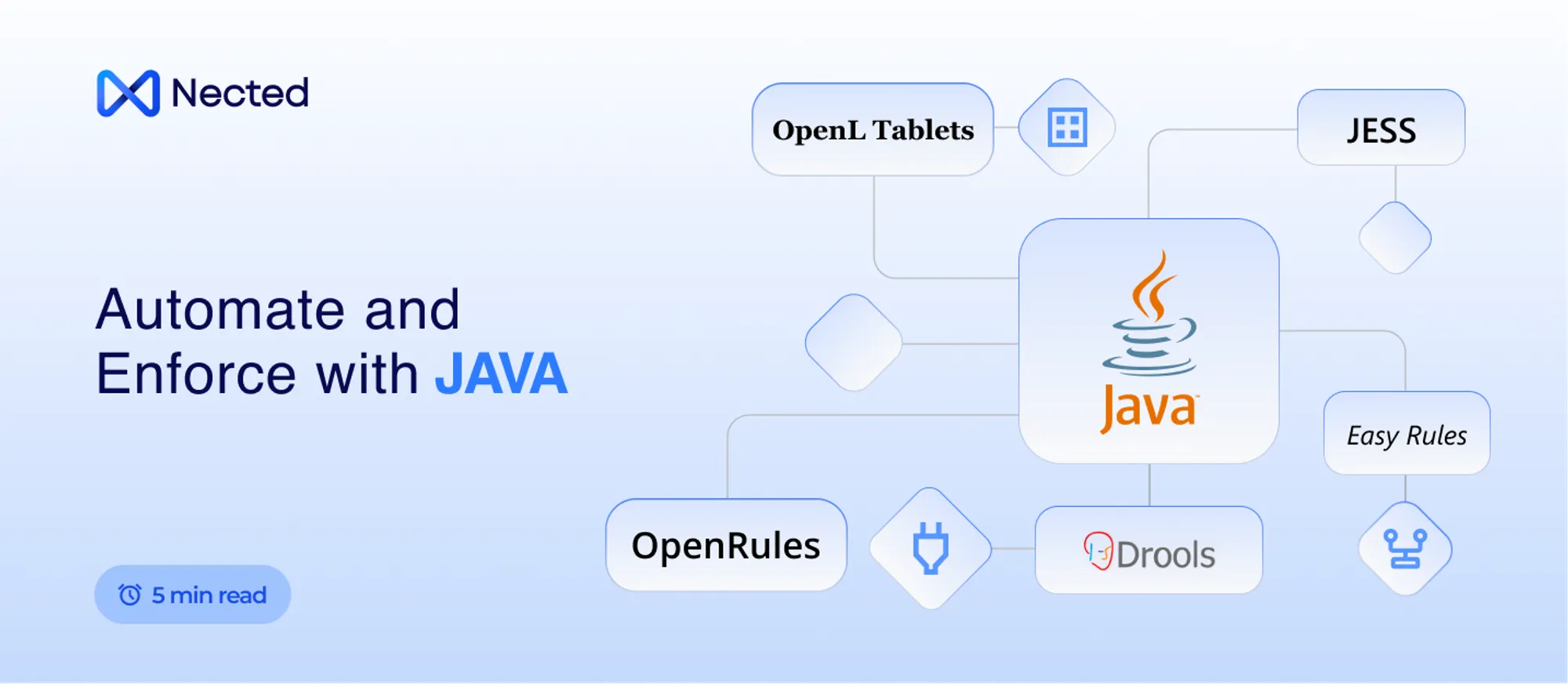
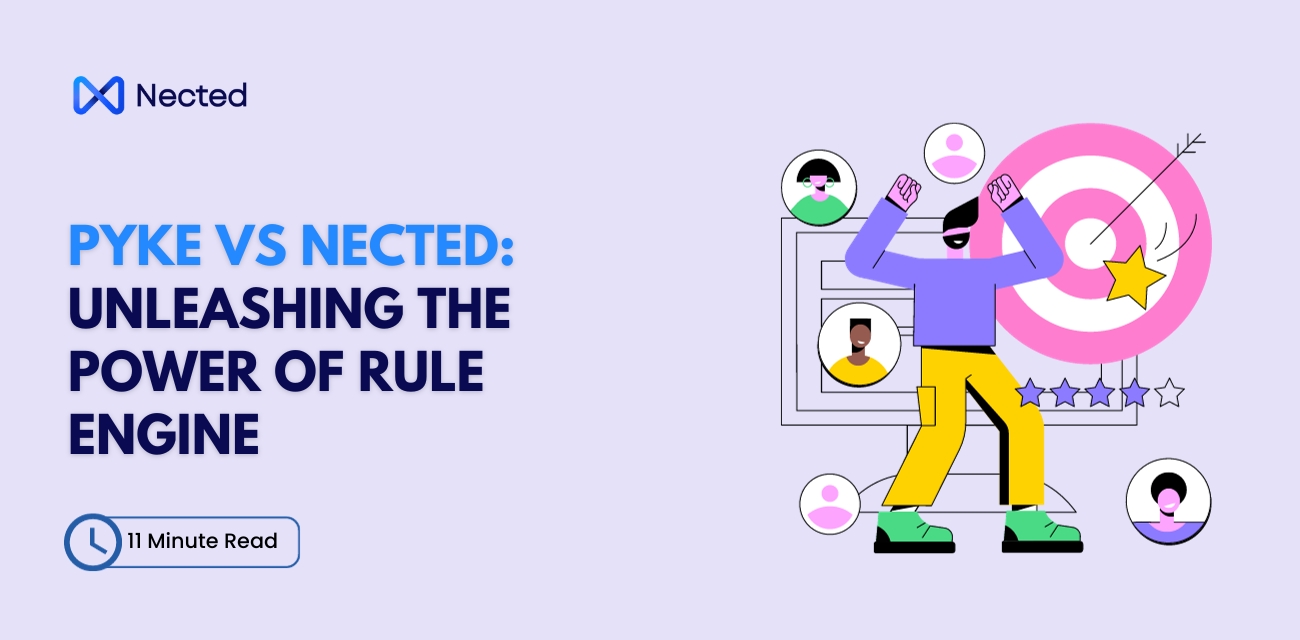
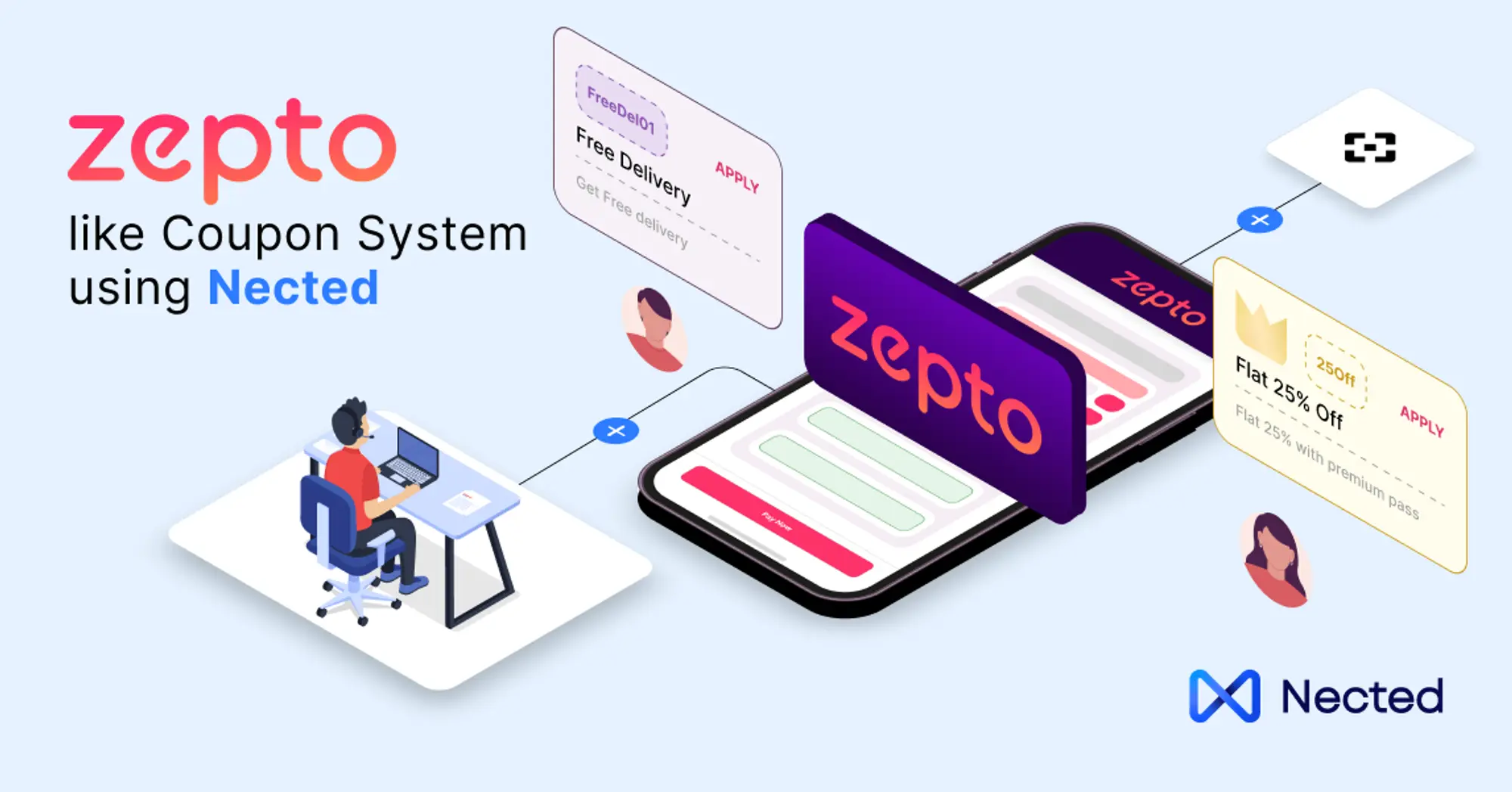
.webp)
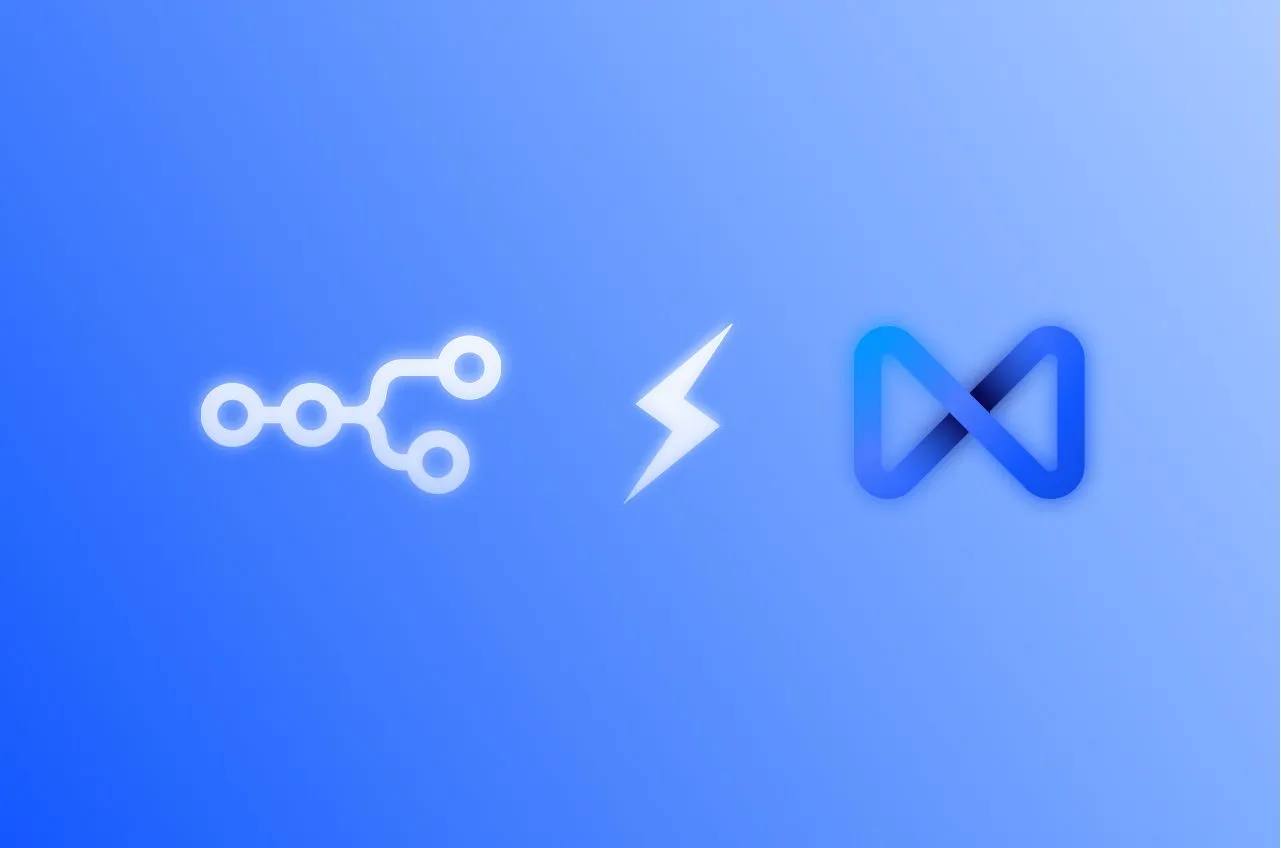



.svg)
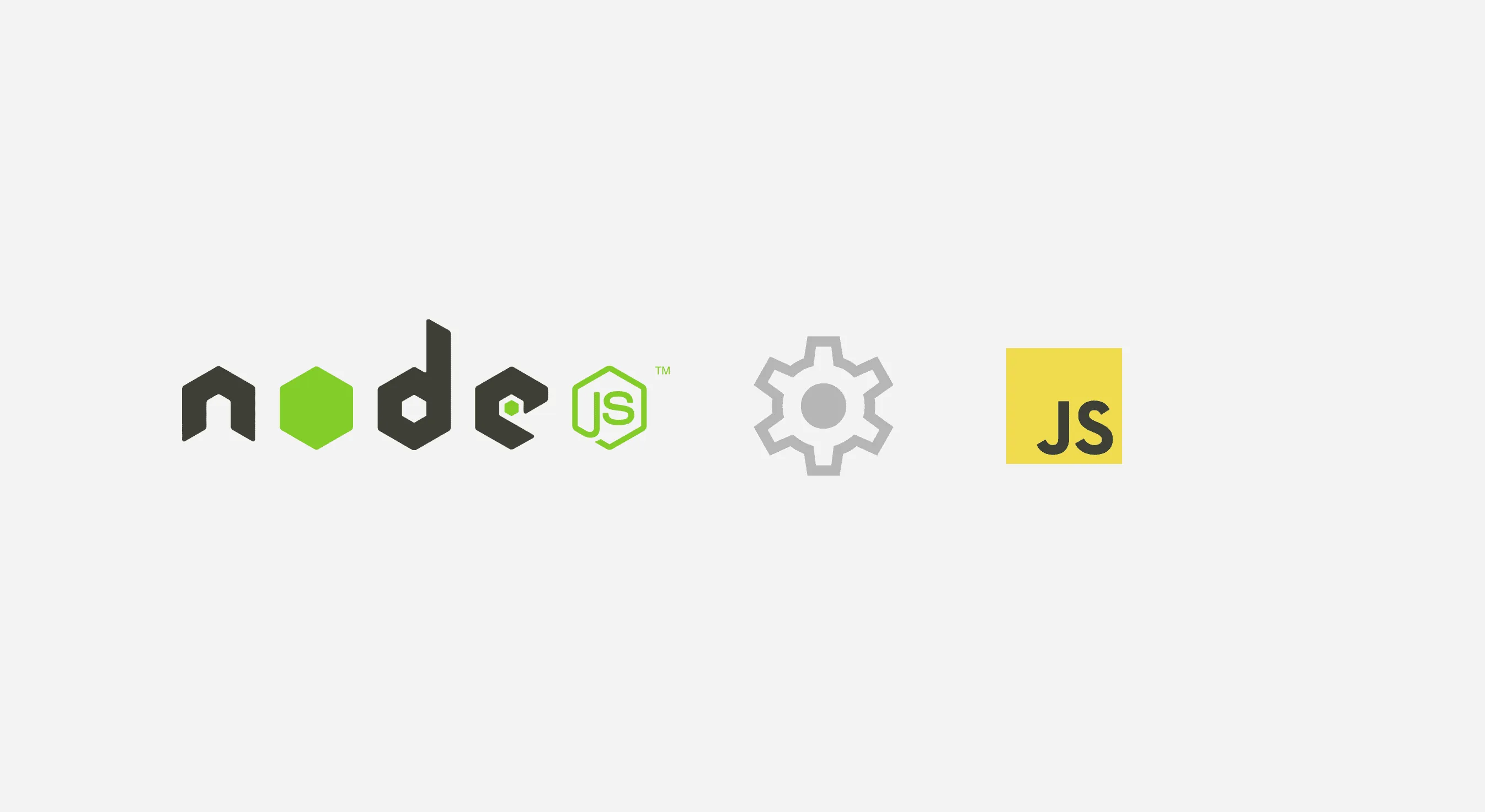




.webp)

.svg.webp)
.webp)
.webp)
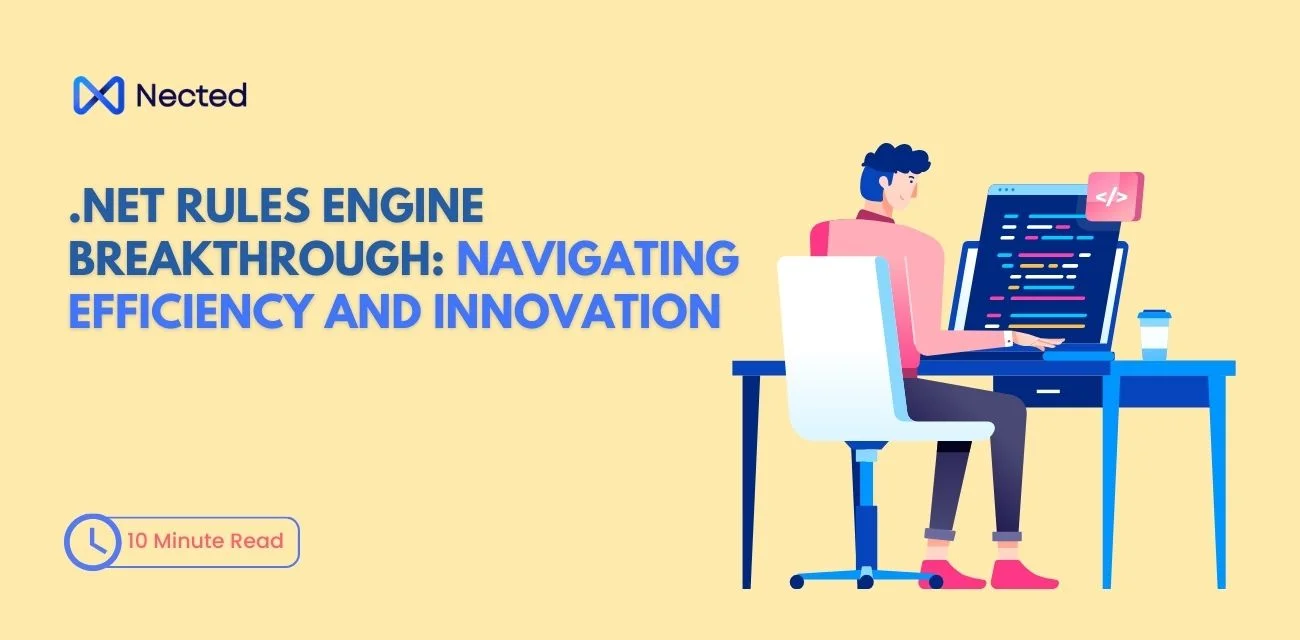
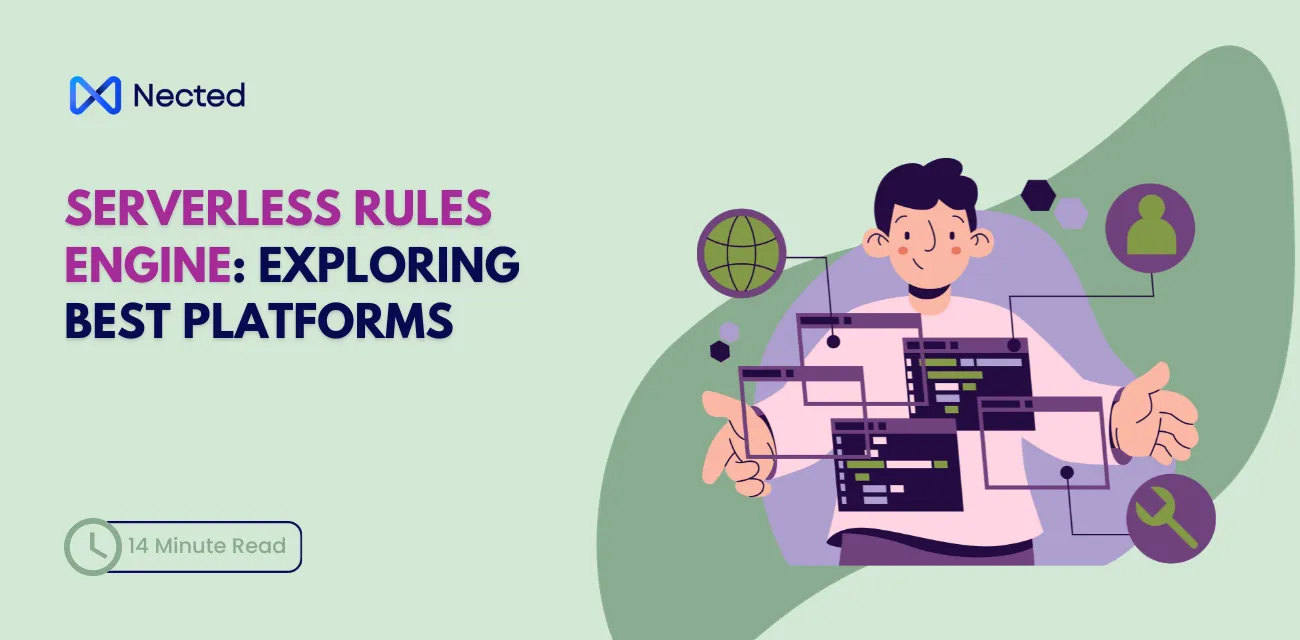
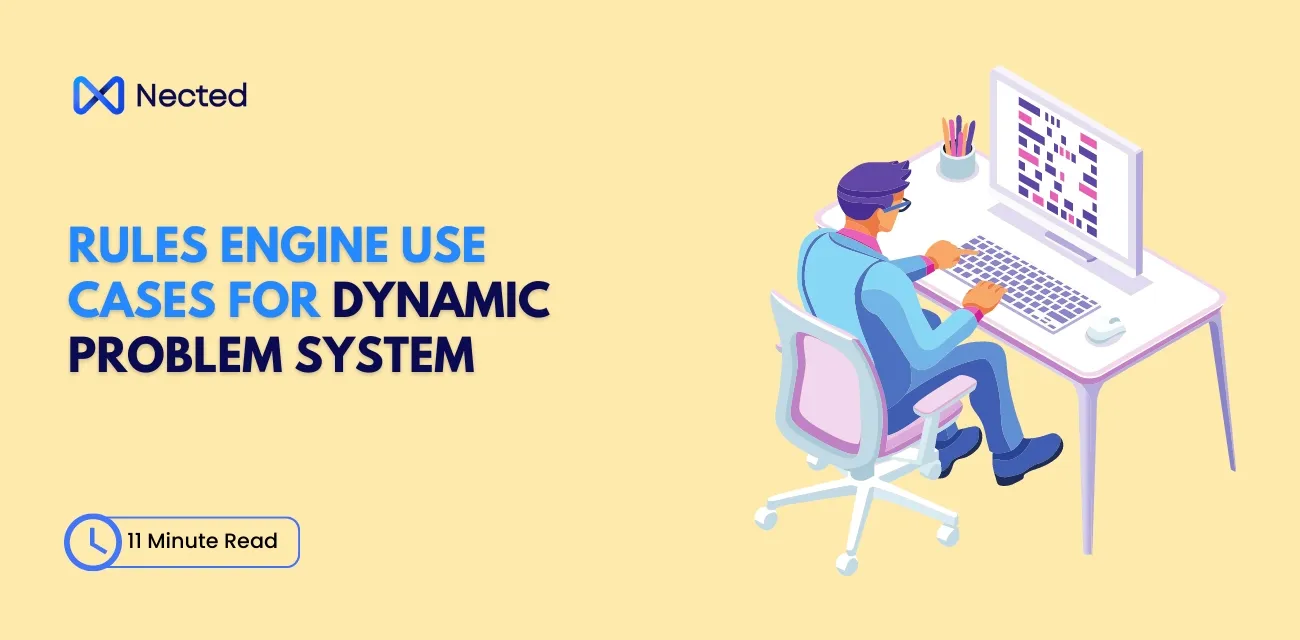


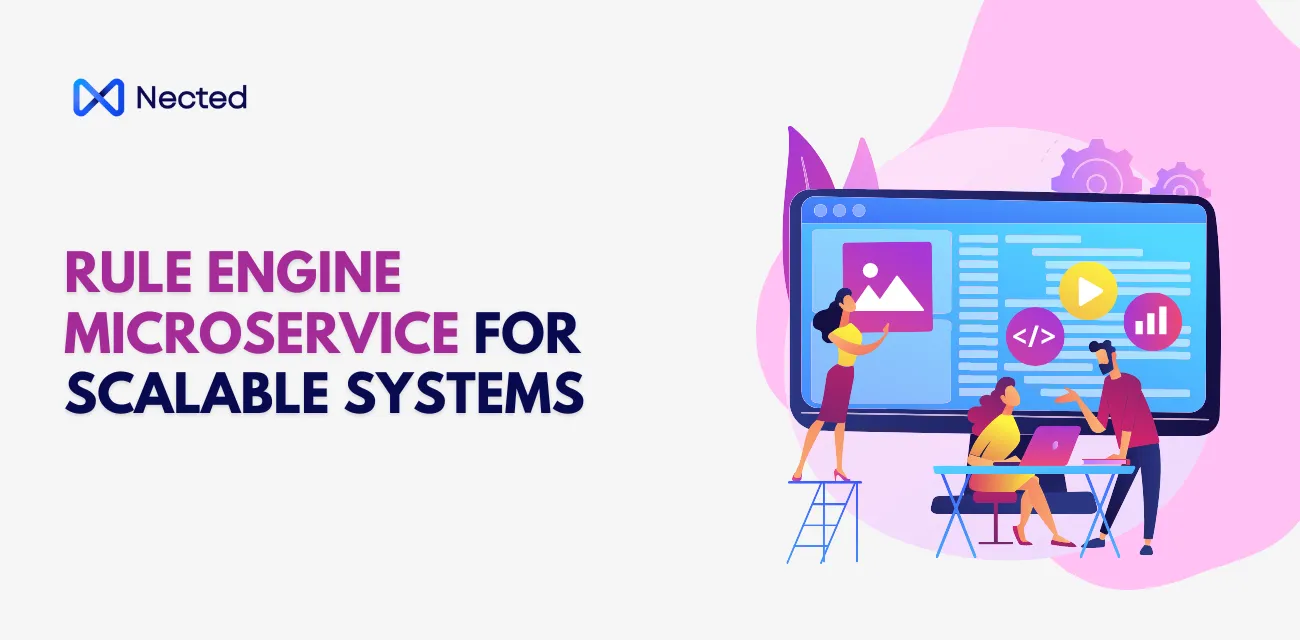
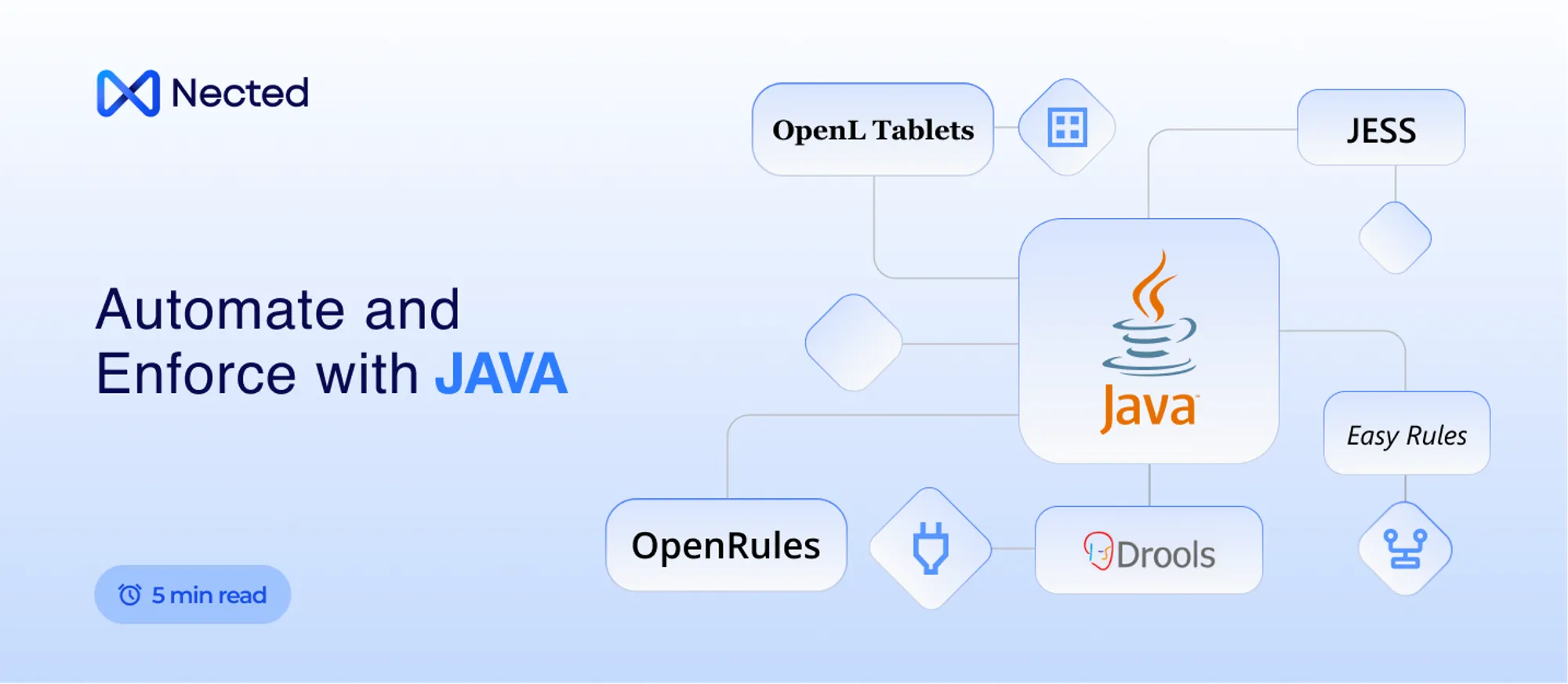


.webp)
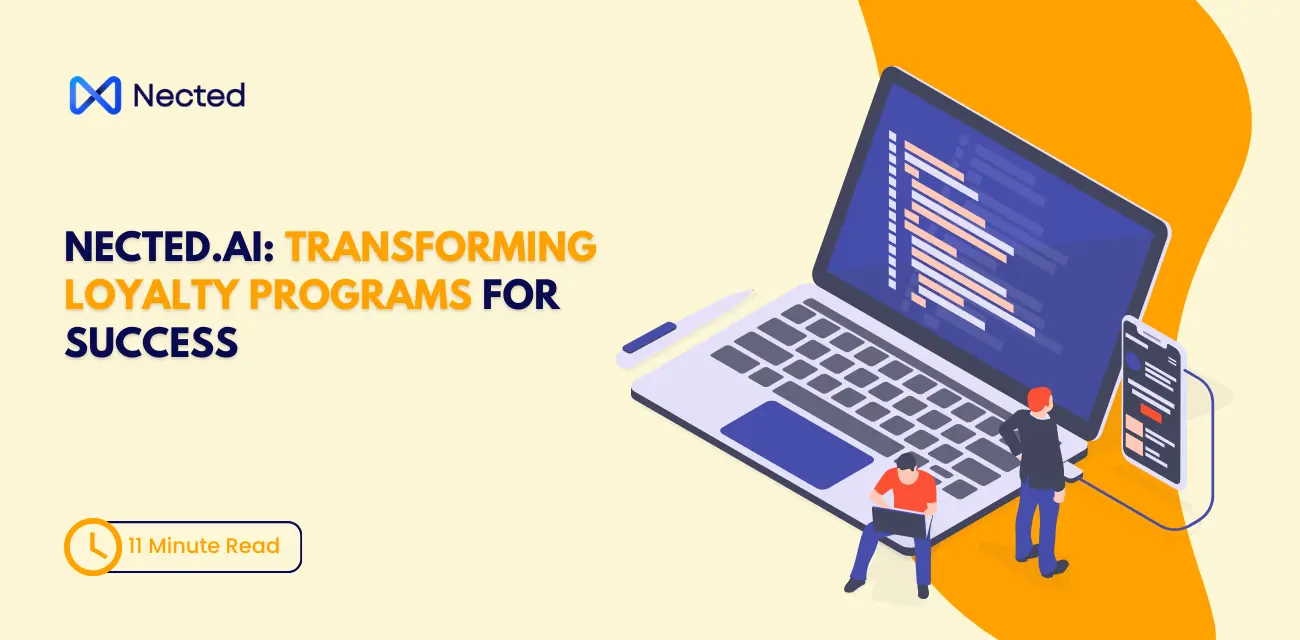
%20m.webp)
.webp)
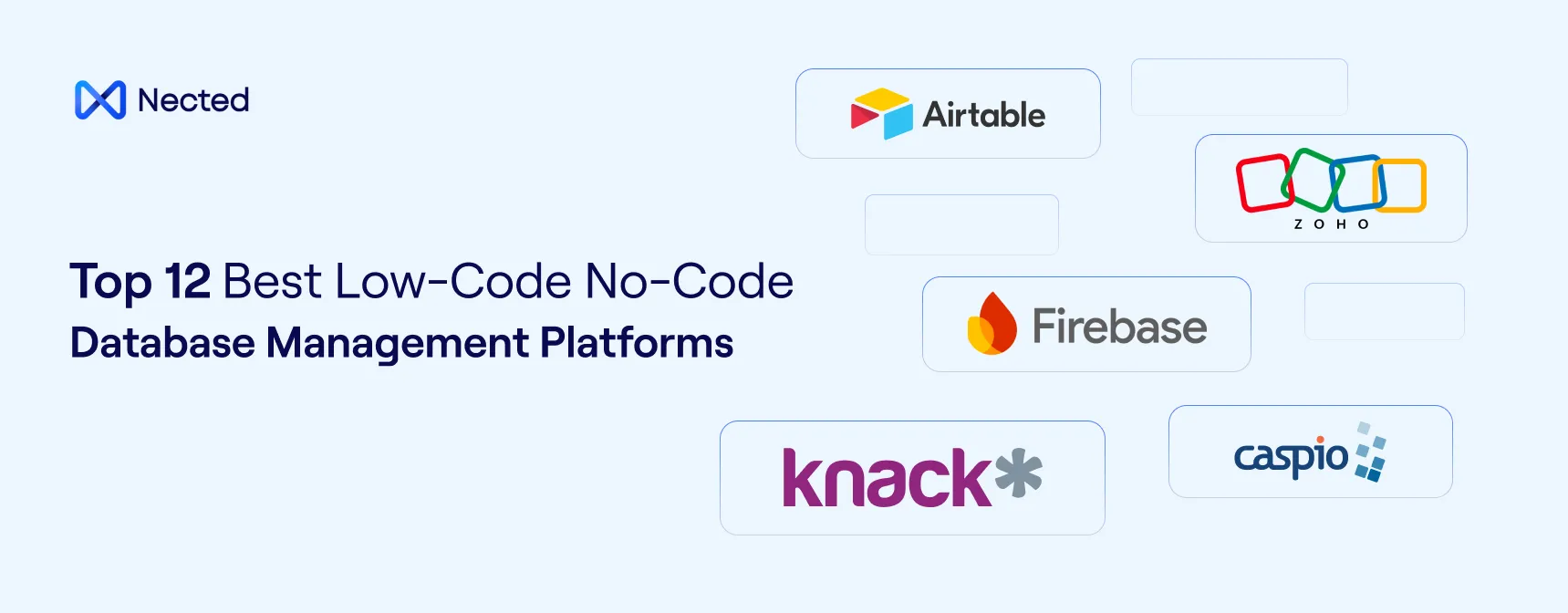


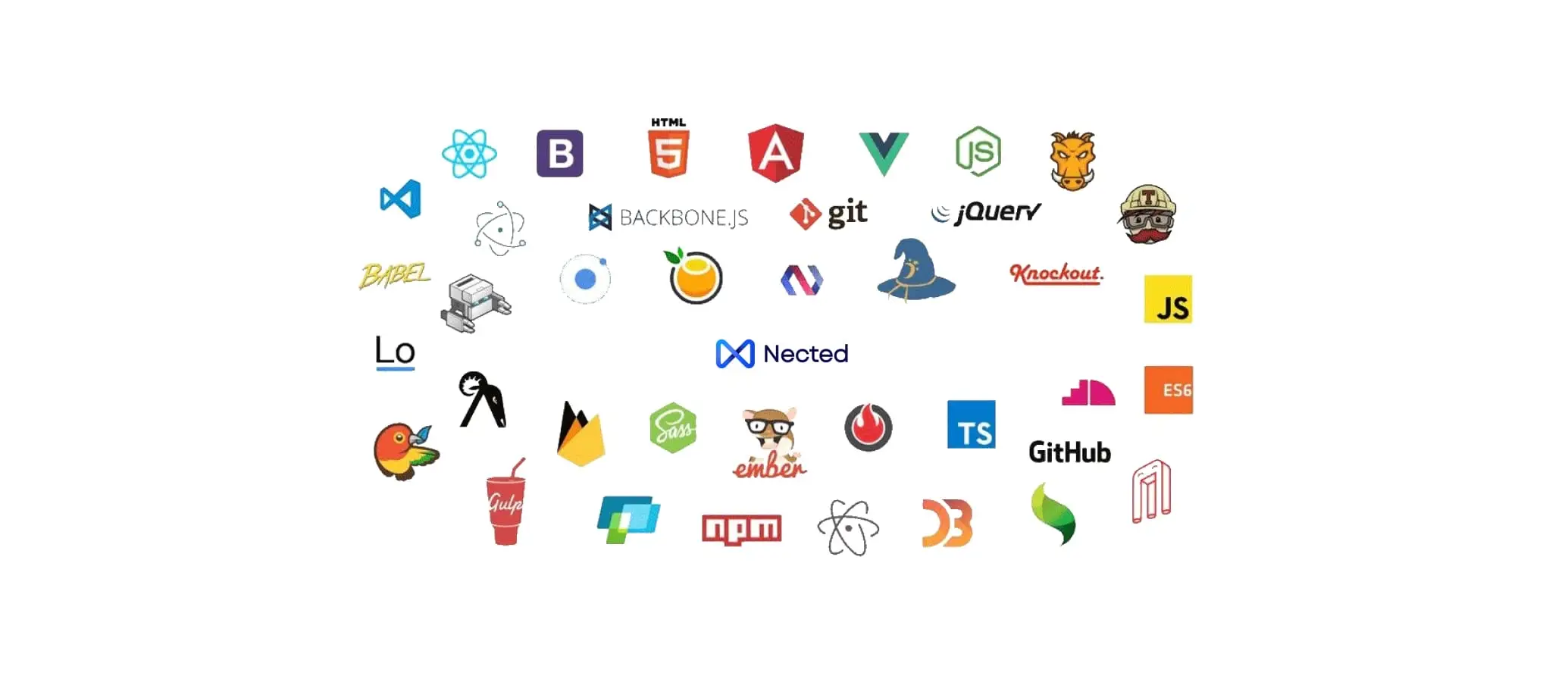

.webp)





%20(1).webp)
